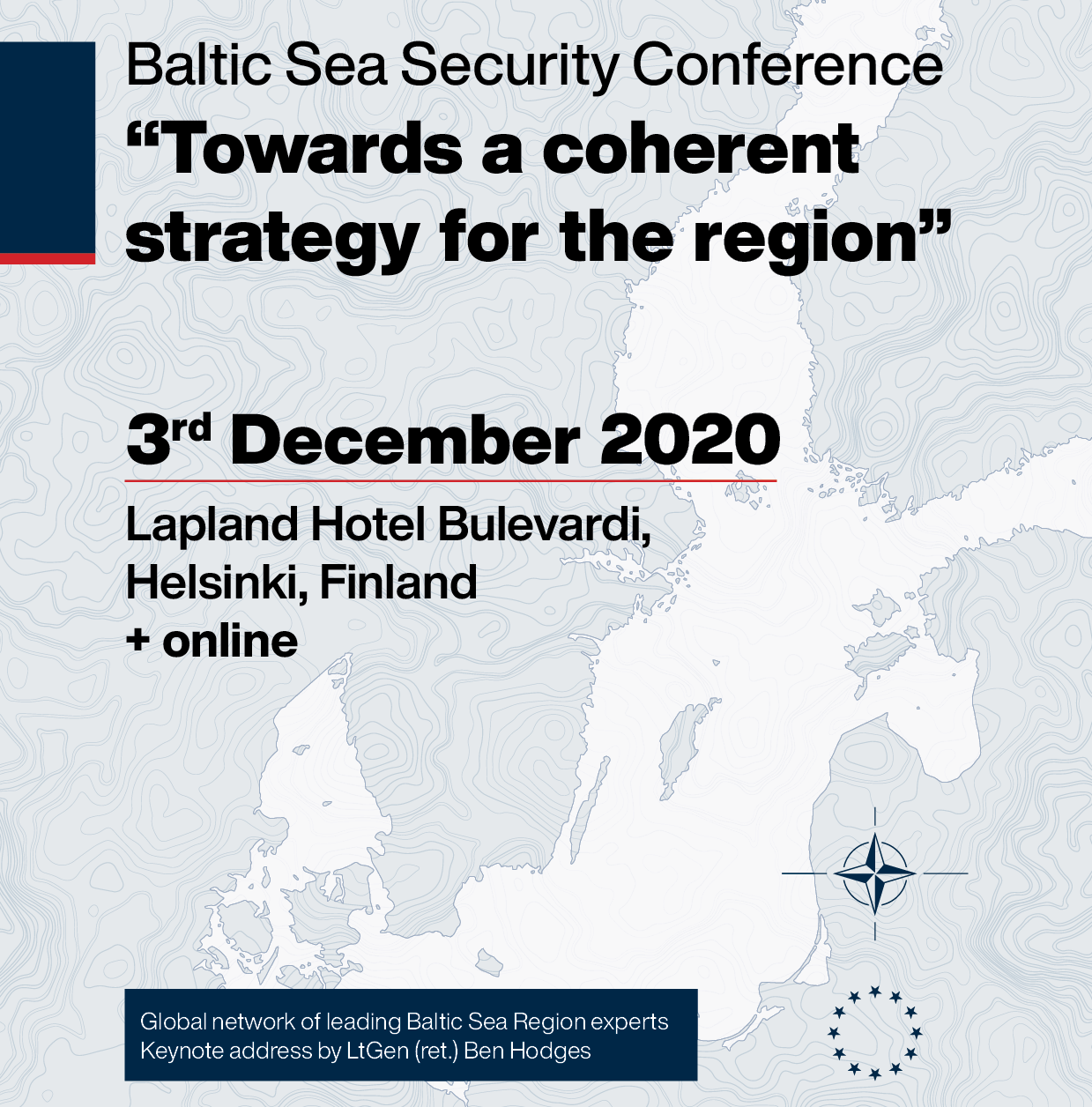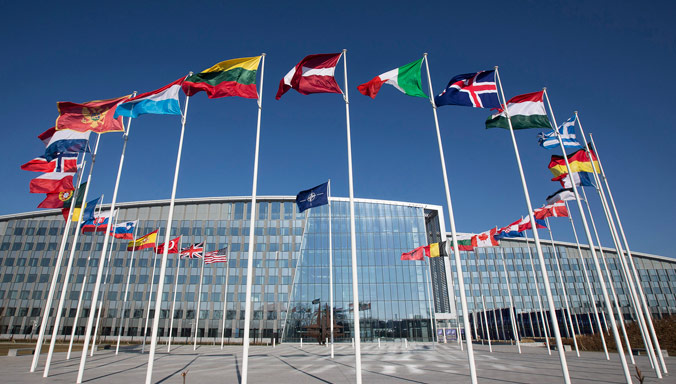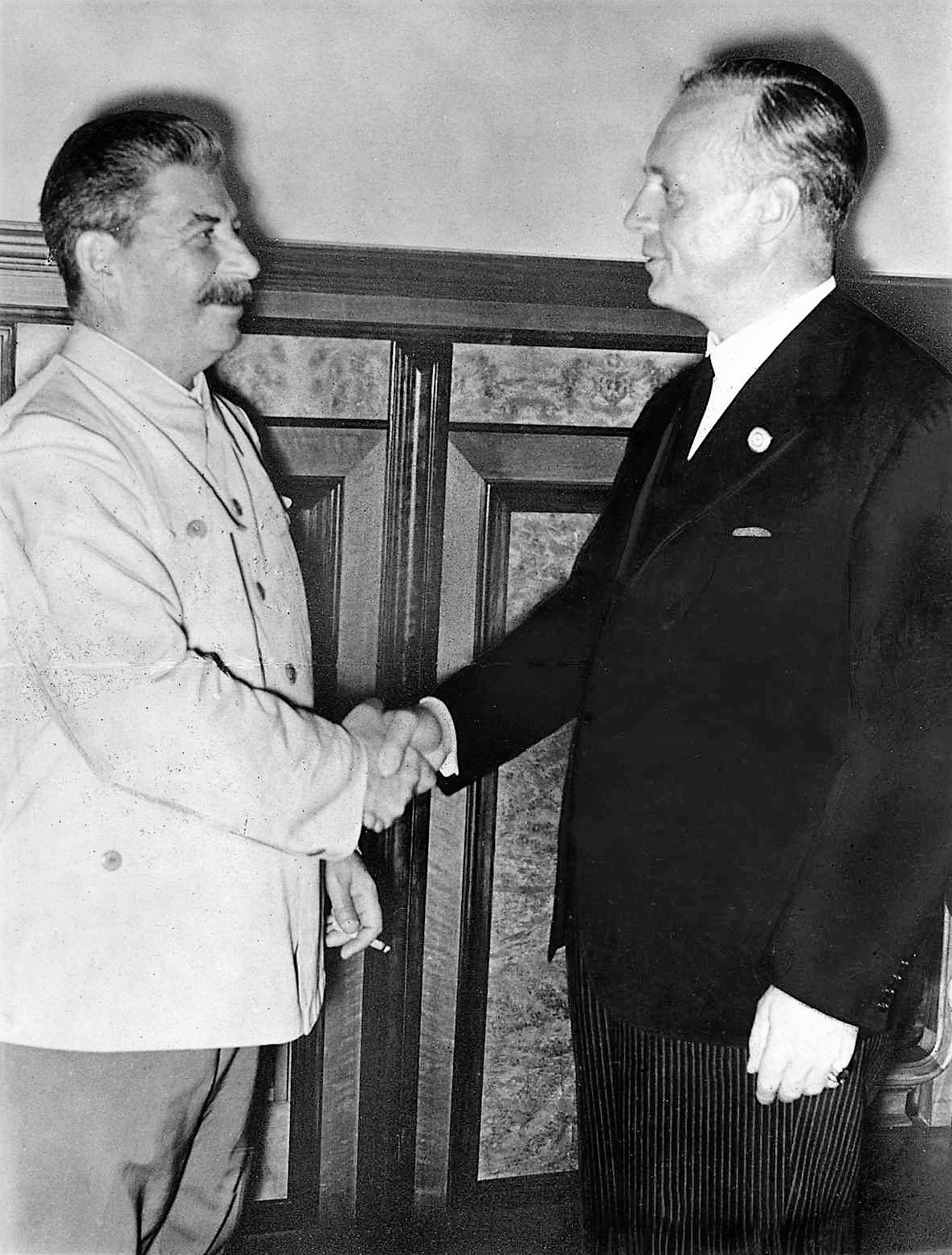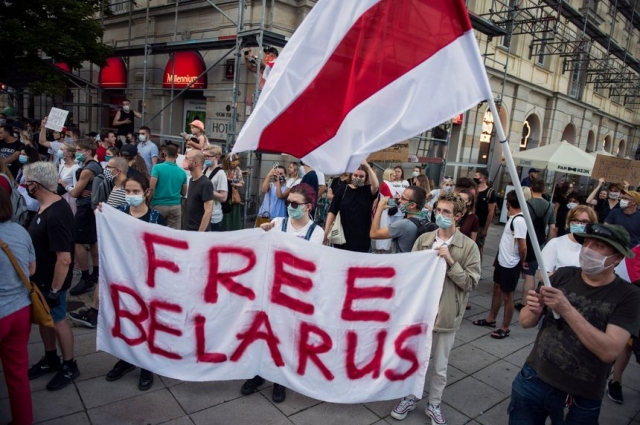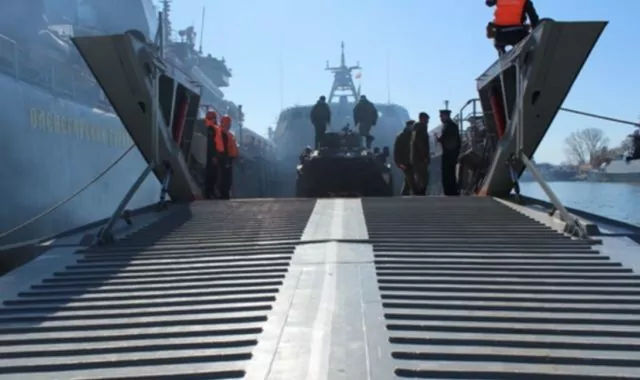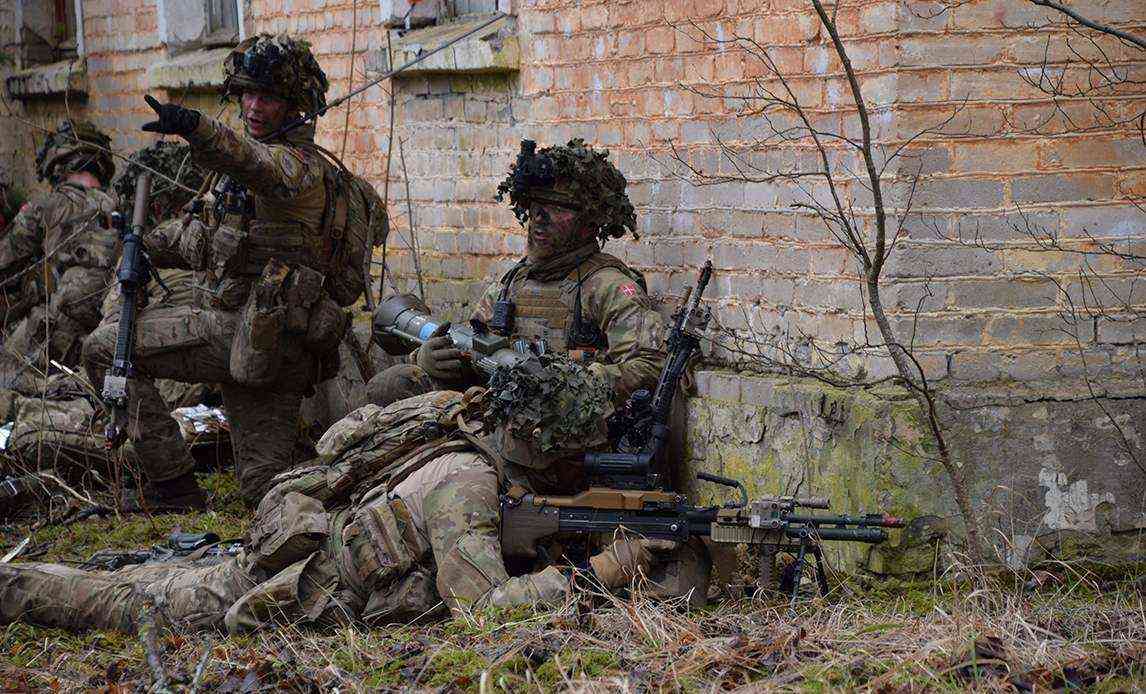Ukraine-Baltic Energy Cooperation in the Context of Russian Hybrid Aggression
This article provided by our Ukrainian partners, Ad Astra Despite being different in so many aspects, Ukraine and the Baltic states have always had a lot of things in common, the main one being a troublesome neighbor on the eastern border that we all have to deal with. The dissolution of the Soviet Union opened a new era in Russian foreign policy towards the territories that are or were once perceived as a part of the sphere of influence of the former geopolitical empire.



